
MiAlgae nets $18.5m to scale production of omega-3s from microalgae
The firm will use the funds to develop an industrial-scale facility and expand its team, says founder and CEO Douglas Martin.

The firm will use the funds to develop an industrial-scale facility and expand its team, says founder and CEO Douglas Martin.

“If you even mention the word algae, some investors start running for the exits, so we have to prove we’ve cracked it and that we can own it,” says founder and CEO Nick Hazell.
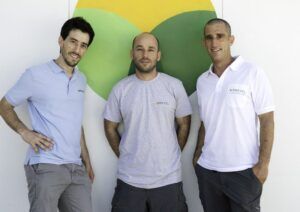
Israeli startup Brevel has opened a facility with the capacity to produce hundreds of tons of neutral-tasting, highly-functional algae protein it claims will ultimately be able to compete with pea and soy protein.
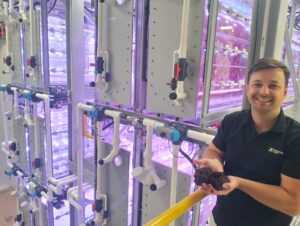
The Australian startup claims its tech can transform the unit economics of growing red seaweed to produce feed additives for livestock methane reduction.
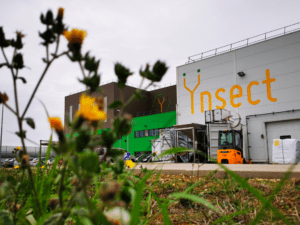
The novel farming systems category has raised $826 million so far in 2023, according to preliminary data from AgFunder.

The first products featuring Brevel’s neutral-tasting algae protein are expected to hit the market in 2024.

Between 2005-2012, venture capitalists poured millions into startups attempting to make fuel from microalgae, getting their fingers badly burned in the process. But could algae be gearing up for a second bloom?
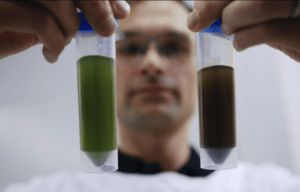
Sugar-eating microbes dominate industrial fermentation today. But algae will be the “predominant biomanufacturing platform of tomorrow,” predicts Australian startup Provectus Algae, which is unlocking the potential of photosynthetic algae to make high-value ingredients.
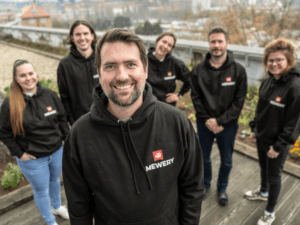
Chipotle tests robotic makelines in its restaurants and Barcelona follows other European cities banning dark stores for quick commerce.
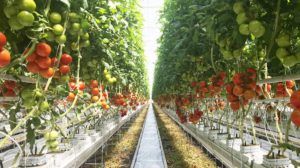
General Mills invested $3 million more into regen ag, Lunchbox acquired another restaurant ordering platform, and Cox delved deeper into indoor farming.
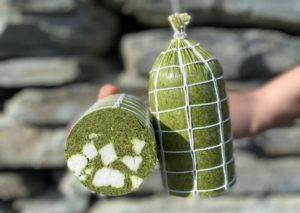
The New Zealand startup just closed its pre-seed round.
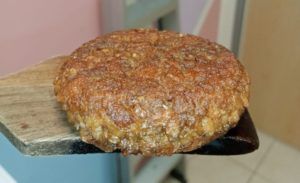
Some tech tidbits from around the week’s wider food-o-sphere to finish off your Friday.

The cattle ranches of Texas have long provided protein for the US populace. Qualitas wants to continue that tradition – but it’s raising algae instead.
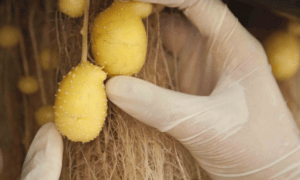
At the finale of this year’s TFF Challenge, there were socially distant explosions of confetti, street dancers, and potatoes suspended in midair.
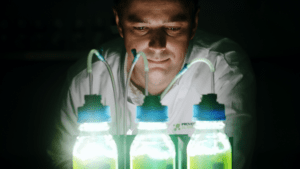
The Australian startup uses lighting, robotics, and AI to ‘program’ algae strains so they can more efficiently produce specialty ingredients for the food and ag sectors.
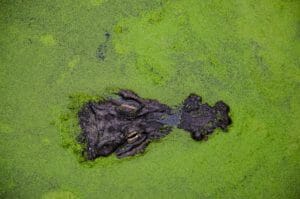
The women-led startup is tackling wastewater in aquaculture while selling a valuable silica extract with applications in multiple industries.
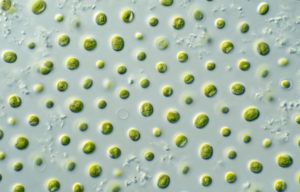
The biotech business uses co-products from the whisky distillation process to produce microalgae, which are high in omega3 and other nutrients.
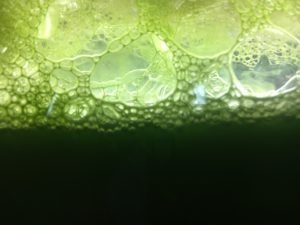
Hundreds of thousands of species of micro-algae float through the world’s waterways. Just a fraction have been categorised or studied. It leaves an imaginarium of

We speak to two up and coming startups in the GROW accelerator’s latest cohort, as they tackle contemporary problems with age-old solutions.
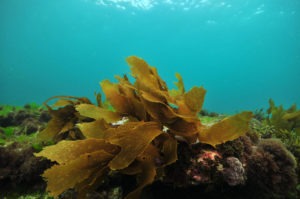
Algaia is a French company manufacturing algae-based products for the agriculture feed, personal care & nutraceutical industries.

Sponsored
Sponsored post: The innovator’s dilemma: why agbioscience innovation must focus on the farmer first